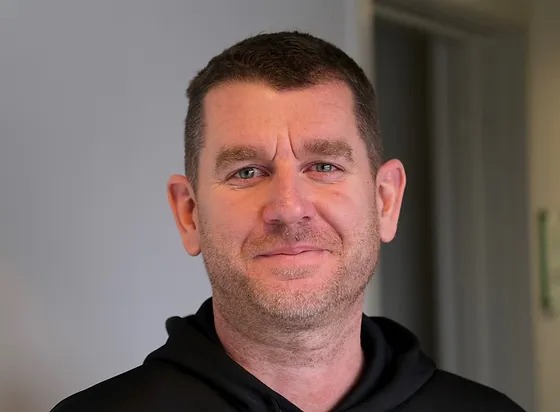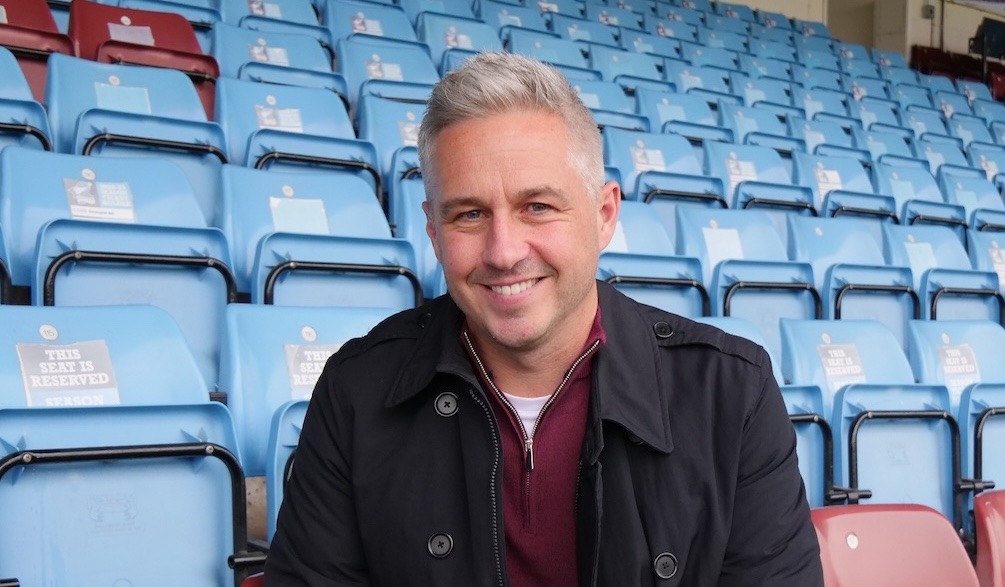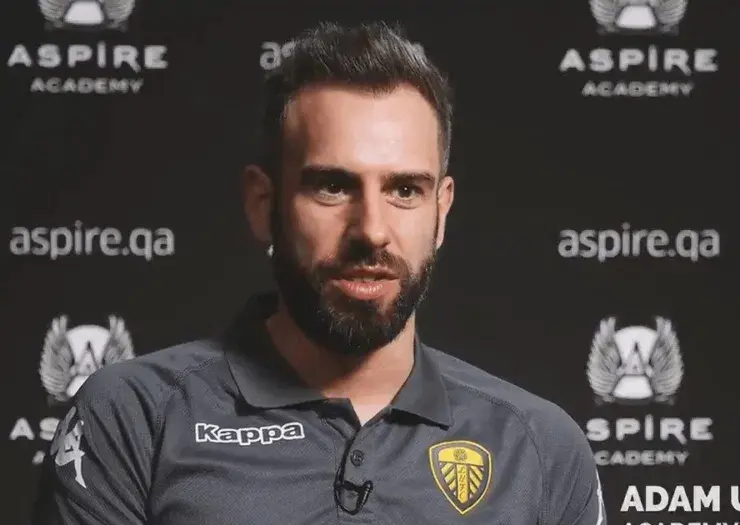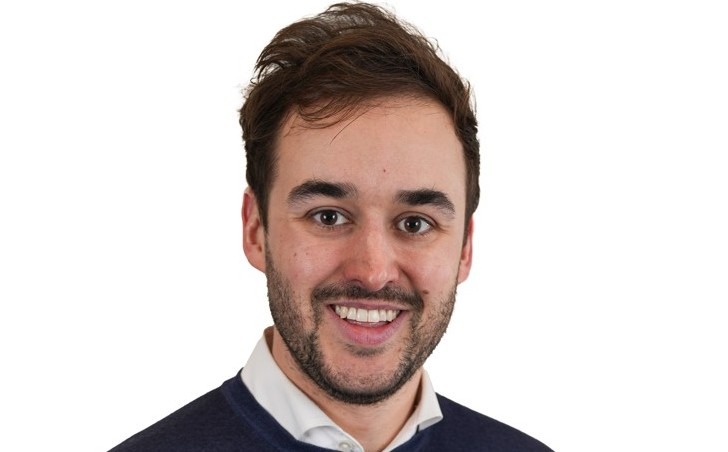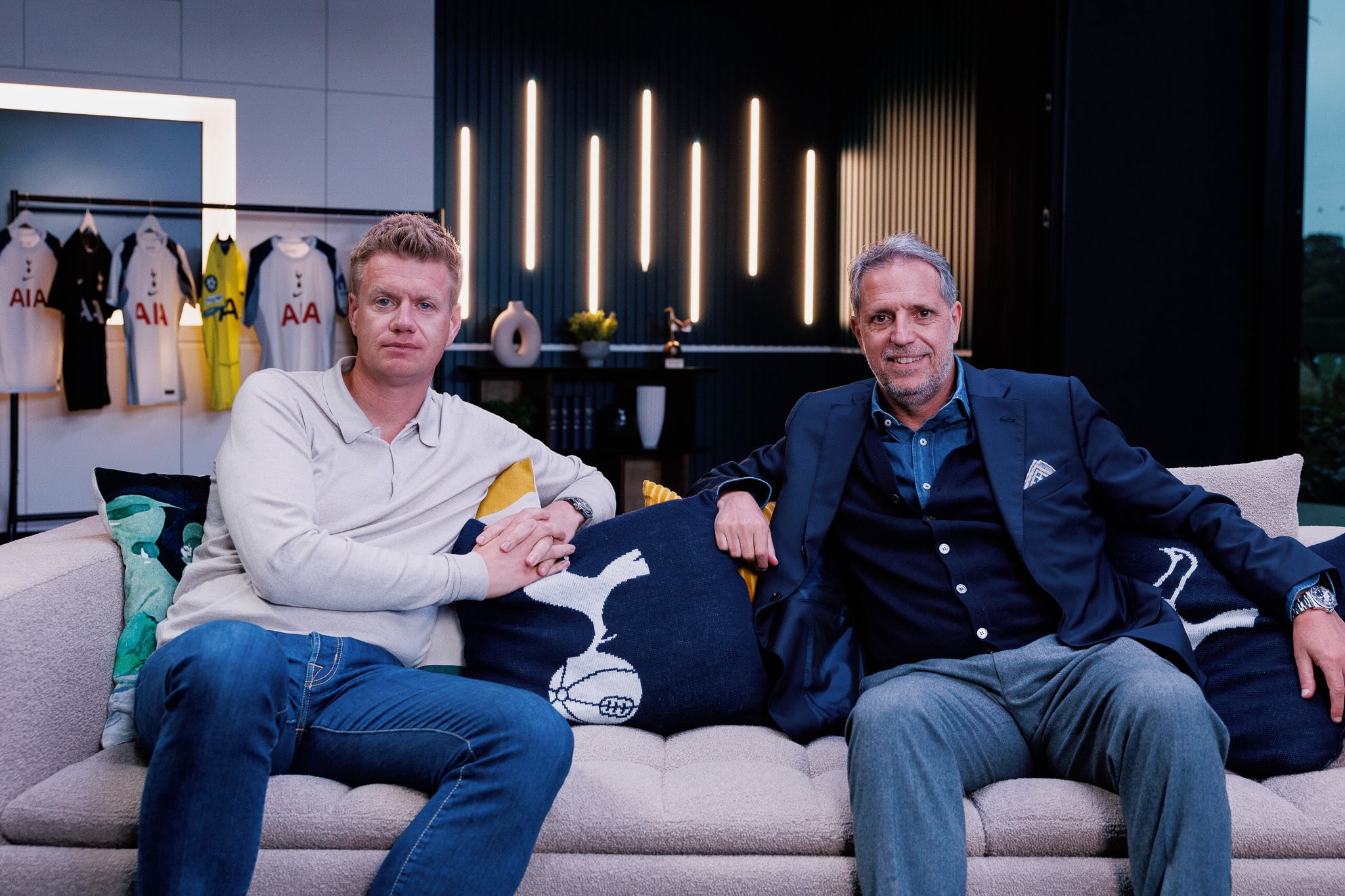
Conscious leadership in the role of Sporting Director
Written by
Matt Roberts
September 5, 2023
We live in one of the fastest-changing times in history, amidst a digital and knowledge revolution that has created a super-diverse and super-mobile world.
Recent research by global tech company Pegasystems shows that employees at all levels are feeling overwhelmed by information overload and complex processes, whilst leadership data collated by global consultants MetaIntegral – from multinationals such as IBM – has long since highlighted a widening gap between the complexity of challenges faced by organisational leaders and their capacity to cope.
Studies in developmental psychology show that this ‘mental and emotional glass ceiling’ is created by executive mindset failure and a lack of emotional intelligence, limiting many leaders’ ability to build the kind of innovative and adaptive organisations modern society demands.
I was interested to explore this theory in the context of professional football – where the competitive and complex nature of society is crystalised – and in particular within the role of Sporting Director. Whilst the role may vary from organisation to organisation, and is still in its relative infancy, the basic remit for the Sporting Director is to provide a bridge from the pitch to the boardroom.
The crucial strengths of a Sporting Director lie not just in understanding the dynamics of coaching, recruitment, data analysis and medicine, but in ensuring that all departments are united around a vision and strategic plan, and developing a collaborative culture that can drive sustainable success within such a particularly volatile environment.
In the Premier League, the expectation is often to provide a quick return on large investment and this presents its own leadership challenges, whilst the heavy financial weighting at the top of the football pyramid continues to create fractures further down, where careless owners are taking short-term, high-risk financial gambles on community assets.
As we know, this regularly results in backroom redundancies at best and – in the case of 64 clubs since the start of the Premier League – administration and potentially even liquidation at worst.
Conscious Capitalism
As the pressure for clubs to find ever more innovative ways to survive and thrive increases, a new type of ownership model is thankfully emerging, headed by the likes of Dale Vince, a deliberately disruptive drumbeater for environmental sustainability at Forest Green, and Jason Stockwood, a council-estate kid from Grimsby turned global CEO – voted the UK’s best leader in 2016 – who is consciously rebuilding a sense of hope and belonging amongst the fans and community of his hometown club.
Vince and Stockwood have both written books based on their experiences in the world of business, where they argue that the traditional shareholder-focused model of capitalism, encapsulated by elite professional football, has long-since malfunctioned. In its place, a new kind of ‘conscious capitalism’ is seeing mission-driven, stakeholder-oriented organisations – such as Apple, Starbucks, or Patagonia, who build deep connections with their consumers – thrive.
Indeed, recent surveys by Gallup and Deloitte show that people across generations are increasingly expecting companies to be authentic and accountable to their values and actions, whilst at the same time seeking purpose-driven careers for themselves
Tom Vernon’s incredible ‘Right to Dream’ project, which has attracted huge investment through its growth from a small training facility for young kids in Ghana to a full-blown Academy, before acquiring professional clubs in Denmark and Egypt and recently announcing expansion into the MLS, is living proof that higher purpose and stakeholder-orientation can provide a north star for successful organisations in professional football.
For Sporting Directors, their ability to execute such a vision of success will depend on their mental capacity to look beyond bottom-line performance, adopt a multi-stakeholder view, and – through high-trust relationships and high-impact innovation – create a strategy and culture that embraces the organisation’s higher purpose.
This approach is known as conscious leadership.
Action Logics
In order to measure the conscious leadership capacity of seven current Sporting Directors, I gained accreditation to use the Harthill Leadership Development Profile – a tool based on one of the most widely-used and thoroughly validity-tested instruments in psychometrics.
The LDP measures how participants interpret their experiences, and act accordingly, against seven stages of adult development – from Opportunist to Expert, Achiever, Individualist, Strategist and Alchemist – also known as ‘Action Logics.’
The framework is nuanced, of course, but understood simply the seven Action Logics reflect our developmental journey through adulthood. In football terms, consider the transition from the determined exuberance of a young apprentice, to the measured expertise of the established pro, to the shrewd wisdom of the old stager in the dugout.
All seven participants in my research rated at ‘Achiever’, which came as no surprise, given the strengths that have allowed them to succeed up to now. The Achiever is process-driven, uses rational efficiency and expertise to solve problems, whilst calling on strong managerial skills to bring people together and meet strategic goals.
Consistent with a study by Dr Dan Parnell and his colleagues on recruitment in elite football, my participants had all followed one of six pathways to the position of Sporting Director (or equivalent):
- Former professional football player.
- Coaching or Development.
- Performance specialist, including analyst.
- Talent identification, player recruitment, or recruitment, including football intermediary/ agent.
- Legal and regulatory.
- Football operations or administration.
These data-driven, outcome-focused roles are tailor-made for individuals displaying the logical, goal-driven mindset of the Achiever.
The Glass Ceiling
Whilst the primary action logic of Achiever has served the participants well in their careers so far, and to a great extent still does, debrief interviews conducted on the back of the initial profiling also revealed ways it holds them back in their current role.
These ranged from feelings of imposter syndrome and a lack of emotional control, to inauthentic leadership behaviours and an unhealthy work-life imbalance.
For some, their Achiever-driven quest for acceptance and status was inhibiting their ability to build key relationships. One participant, for example, discussed feeling that the players he had signed since being promoted to the Sporting Director role had more respect for him than those who were signed previously, affecting how he interacted with them, despite having no evidence to back up that belief.
Another participant linked imposter syndrome to a loss of emotional control, especially when challenged. “I am looking at what people perceive me as,” he said.
“Call it insecurity… do I feel I should be here? I’ve been here for four years, and I still feel a bit fraudulent because other people in this industry look at me and say, ‘You didn’t put the hours in, you didn’t play professionally, you didn’t do this…’
“I think that’s probably where that emotion comes from – it’s almost like a defence mechanism.”
“My work-life balance moves towards the work rather than life, so there's not really a balance."
Sporting Director in debrief interview
For other participants, their focus on high standards and results is creating a subconscious tendency to micro-manage, which in turn impedes the creation of trust – a foundational tenet for creativity and innovation – within their organisation.
“I think micro-management is something that nobody seeks to do,” said one, “but it goes back to trying to achieve things quickly, where you’re looking for the solution quickly… I look at it as a strength, but that can also be taking that decision away from certain people and not allowing them to have their viewpoint… If I was to sit down and say ‘Well, do I develop you? Am I a leader that’s giving you the tools to do that?’ I really need to reflect on that.”
“I think it shows up by sometimes just getting involved too much in the little details of things,” said another. “If you’re seeing something is failing because something at a very basic level isn’t happening, you can get right down in the deep grass to try and resolve that.”
The above quotes also reflect the Achiever’s obsession with the construct – and limitations – of time, an aspect that for one participant was creating “a stretched feeling that I can’t give enough to everybody.” For this individual, viewing himself as a resource for others in this way was also impacting negatively on his home life, where he felt a “sense of responsibility to be there as a constant for other people around me.”
“My work-life balance moves towards the work rather than life,” revealed another, “so there’s not really a balance. It’s work, work, work, and – to my health – you can see I’m a guy that doesn’t really take care of himself physically… I was a very fit guy until I came into this role.”
Whilst all seven participants in my research profiled as Achiever, they were all also displaying empathic tendencies and diverse viewpoints that suggested development towards the action logic of Individualist.
Interestingly, for one this came from a personal trauma that helps him keep other problems in perspective, whilst for another it was the experience of working abroad, where he learnt the value of asking the simple question: ‘Why do we do things that way?’
“[It’s] getting that balance right between respecting the culture and the reason why those things happen,” he continued, “but also saying that if we want to develop and go to the next stage, we also have to look at doing these things a little bit differently.”
The ability to take a wider view also comes with the benefit of time in a role – one way to relieve imposter syndrome – as one participant reflected: “I have a little bit of red mist [but] I think I’ve got better recently, I’ve become a lot more relaxed in the job now.
“I think that just comes from being in it for 35 plus years, and just being at a stage in my life when I haven’t got to try and be a control freak. Again, that’s endemic in football… everybody wants to be a control freak.”
Competition v Collaboration
In professional football, humans’ hard-wired tendency towards competition over collaboration – especially when faced with crisis, uncertainty or threat – runs particularly deep.
As one participant pointed out: “Being collaborative in a football environment doesn’t always work because I think some people take advantage. Football is very much a control and command environment still… sometimes very much a bullying environment.”
However, embracing the shift from a competitive mindset to a collaborative one is crucial for a leader that wants to change this narrative and build a conscious organisation.
It is a shift that can be accelerated, primarily through the development of emotional intelligence, which has proven to be twice as important as cognitive ability in predicting outstanding performance.
A starting point for increasing emotional intelligence can be as simple as daily journaling or engaging with other forms of reflective practice, such as psychometric profiling. Working with an executive coach is a powerful way to further develop self-awareness and increase our capacity for mindfulness and resiliency.
Conscious Leadership
Conscious leadership is not about perfection. No leader is perfect. With conscious leadership we mean “How much awareness of the ecosystem that I am interacting with am I able to hold as I’m making decisions?” (Albania Vrioni, Forbes)
As Sporting Directors, raising our level of consciousness in this way will not only bring a deeper wisdom and care to our lives and work, but also help us in crucial aspects of the role: cultivating relationships with multiple stakeholders, detecting connections and opportunities in novel places, viewing problems from different perspectives, and dealing with them in the adaptive and proactive ways that modern professional football will increasingly demand.
- About the author: Matt Roberts recently graduated as a Master of Sporting Directorship from Manchester Metropolitan University. This article is based on his dissertation, ‘Football as a force for good: measuring Sporting Directors’ capacity for conscious leadership.’ For a full copy of Matt’s research or more information on the Harthill Leadership Development Profile, contact matthewnroberts@gmail.com
Follow Us
For latest updates, follow us on X at @ground_guru
